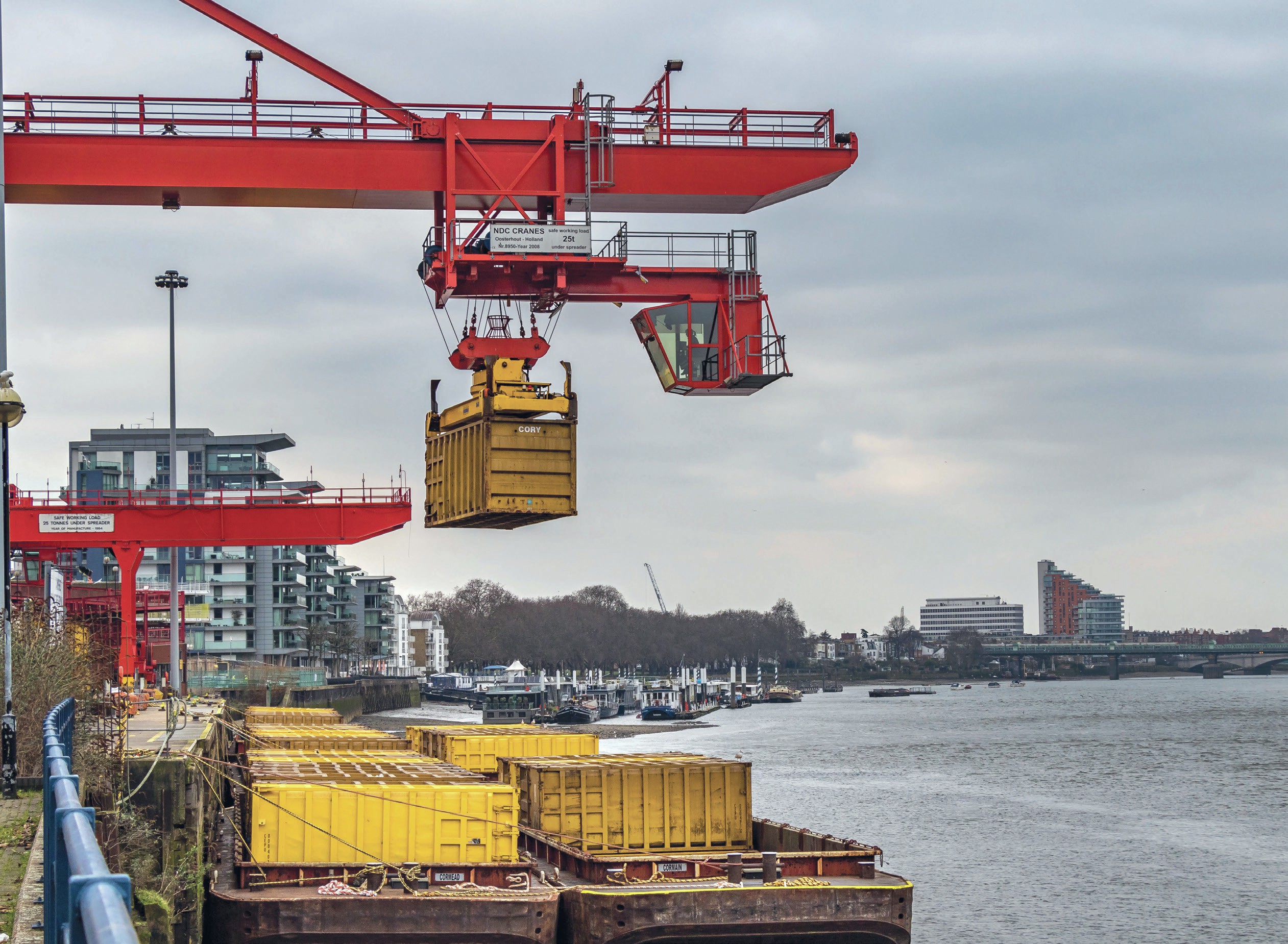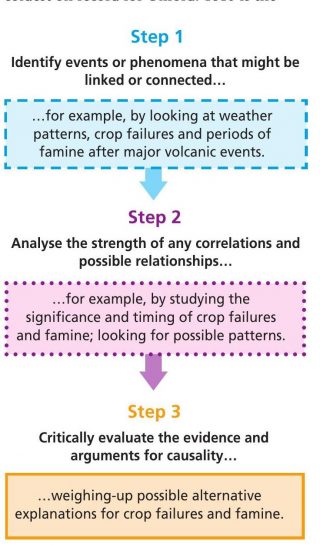
When you throw your rubbish into your household wheelie bins, or take items to your local recycling centre, you may think of this as the end point of the consumption process. In fact many of the companies that manage this waste are multinational corporations which look to turn waste into new resources. Companies such as Suez, Veolia and FCC Environment, whose names you may have seen on waste collection vehicles in your neighbourhoods, operate in a range of European countries. Recycling is not just about environmental sustainability—it is also big business. This article explores the geography of the waste business in Europe.
As European societies have grown wealthier and economies have expanded, waste has become an increasingly serious problem. There are difficulties in estimating the amount of waste generated across the continent, because of:
Your organisation does not have access to this article.
Sign up today to give your students the edge they need to achieve their best grades with subject expertise
Subscribe




